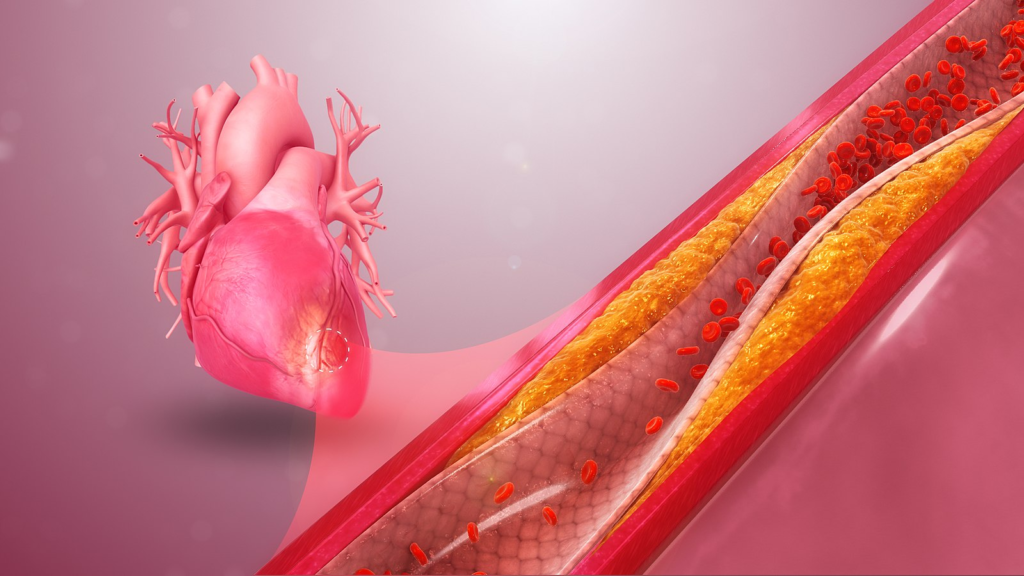Cardiovascular disease is a leading cause of health challenges for adults worldwide. While it often develops silently, routine testing can play a role in its early detection. For many, understanding the importance of monitoring cardiovascular health and undergoing timely testing can be life-changing. This article will guide you through key aspects of cardiovascular disease and why staying proactive is key to maintaining long-term wellness.

Why Cardiovascular Health Matters
The term cardiovascular refers to the heart and blood vessels, which are essential for delivering oxygen and nutrients throughout the body. When these systems are compromised, it can result in serious health issues such as hypertension, heart attacks, or strokes. Understanding the risks associated with cardiovascular disease is the first step toward prevention. Factors such as age, family history, poor diet, and lack of exercise all contribute to the likelihood of developing cardiovascular conditions. Early detection through routine testing gives individuals an opportunity to address these risks before they lead to severe complications.
Routine Testing Explained
Routine testing provides valuable insights into your heart’s health and overall well-being. Healthcare providers use a variety of tools and tests to assess key markers of cardiovascular function. Common forms of testing include:
- Blood Pressure Monitoring: Measures the force of blood against artery walls.
- Cholesterol Testing: Determines the levels of “good” and “bad” cholesterol in your blood.
- Electrocardiograms (ECG): Tracks the electrical activity of your heart to detect abnormalities.
- Stress Tests: Monitors heart activity during physical exertion for signs of cardiovascular strain.
- Echocardiogram: Uses ultrasound to create images of the heart, helping detect structural issues and asses heart function.
These routine tests are non-invasive, straightforward, and highly effective at identifying early indicators of potential problems. They provide data that help healthcare professionals create personalized plans to improve or maintain cardiovascular health.
Benefits of Early Detection
Early detection of cardiovascular disease offers numerous benefits, empowering individuals with the information needed to take preventative action. Being proactive can lead to improved outcomes and better management of potential challenges. Taking control of your health early can reduce the risk of serious complications down the line.
One benefit is the ability to detect risk factors before symptoms occur. Conditions such as high blood pressure and cholesterol remain unnoticed but may pose threats if left unmanaged. Early diagnosis allows you to explore lifestyle adjustments or treatments tailored to your unique needs.
Another advantage is peace of mind. Knowing that your cardiovascular health is actively monitored reduces stress and helps you make informed decisions about your diet, exercise, and overall wellness. Small steps taken today lead to a healthier and more vibrant tomorrow.
Stay Proactive About Your Heart Health
The importance of early detection of cardiovascular disease cannot be overstated. Regular testing and an attentive approach to your lifestyle can provide invaluable insights, helping you safeguard your heart. Taking charge of your cardiovascular health, now is the perfect time to start. Reach out to your healthcare provider to schedule a checkup and explore how routine testing can help you stay on top of your cardiovascular well-being. Taking this preventive route empowers you to live a life that’s not only healthier but also full of vitality.

Leave a Reply